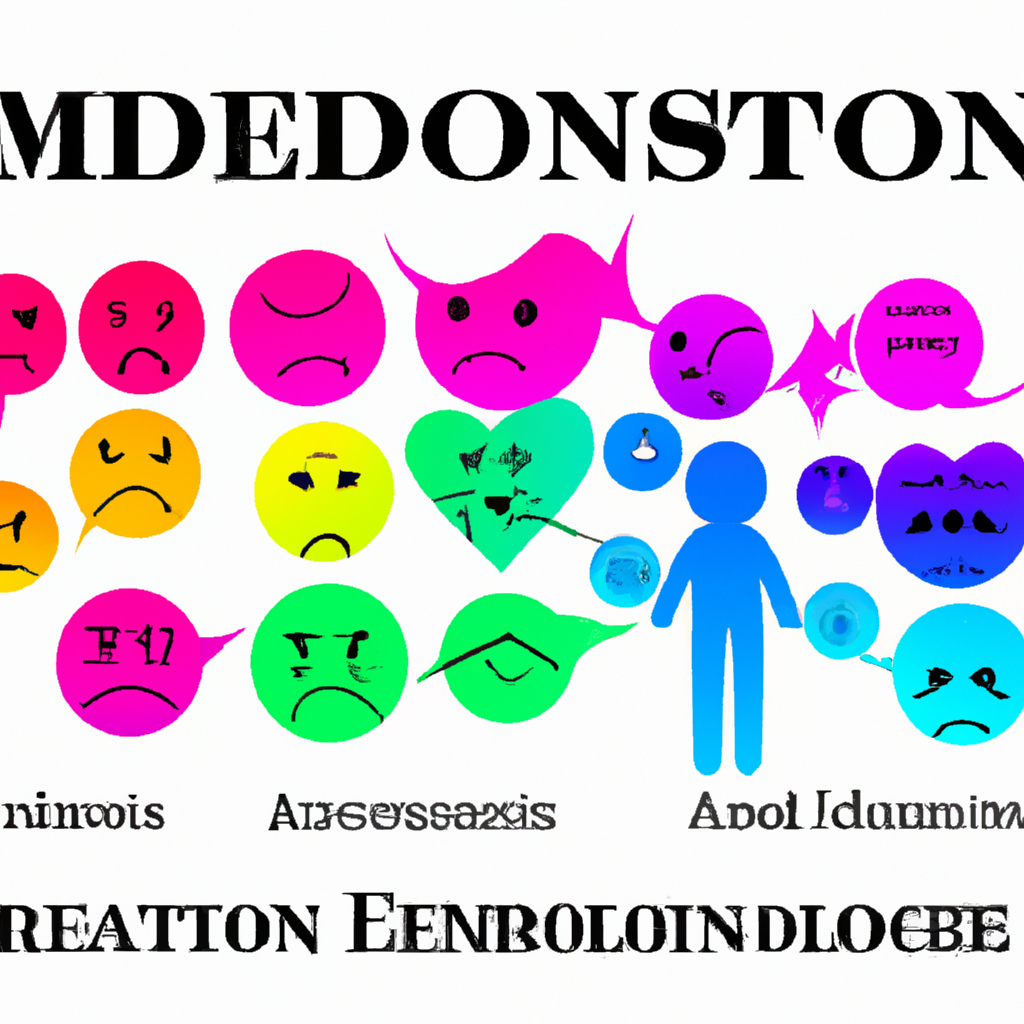
Introduction to Emotions
Emotions are an integral part of human life. They are complex states of feeling that result in physical and psychological changes that influence thought and behavior. Emotions are often triggered by interactions with other people, memories, and events. Understanding our emotions involves discerning the various feelings we experience, recognizing their sources, and learning how to manage them effectively to lead a balanced and fulfilling life.
The Spectrum of Emotions
Emotions range broadly across a spectrum from positive to negative. Positive emotions include happiness, love, satisfaction, and excitement, while negative emotions encompass sadness, anger, fear, and disgust. However, the dichotomy of positive and negative fails to adequately describe the complexity and nuance of our emotional experiences. It’s important to recognize that all emotions have potential value, as they can all provide important information about ourselves and our environment.
Identifying and Naming Emotions
One of the first steps to understanding our emotions is to identify and name them accurately. This may involve pinpointing the exact feeling—be it anger, joy, or something more nuanced like disappointment or contentment. Labeling emotions helps in processing them and can diminish the intensity of those that are overwhelming. Emotional granularity, which is the ability to distinguish between different feelings with specificity, plays a crucial role in emotional intelligence and well-being.
The Purpose and Function of Emotions
Each emotion serves a distinct purpose in our lives; they are evolutionary responses that have helped us adapt and survive. Fear triggers fight or flight responses to threats, while joy encourages social bonding. Understanding the function of our emotions can lead to greater insight into our behavior and prompt us to respond more appropriately to different situations.
Emotional Responses and Body Language
Emotions express themselves not just internally but also externally through body language and facial expressions. A clenched jaw or furrowed brow can indicate frustration or anger, while a genuine smile can signal happiness or comfort. Reading body language is a vital part of understanding not only our own emotions but also those of others, enhancing interpersonal communication and empathy.
Managing Emotions
While emotions can be powerful, they need not control us. Emotional regulation is the process of influencing which emotions we have, when we have them, and how we experience and express them. Techniques such as mindfulness, deep breathing, and cognitive reappraisal can help manage emotional responses. Learning and practicing these skills can lead to better mental health and improve relationships with others.
The Impact of Culture on Emotion
Culture plays a significant role in how we experience and express our emotions. Cultural norms dictate which emotions are acceptable to show publicly and how one should respond to the feelings of others. This can lead to variations in emotional expression across different societies, and understanding these cultural differences is crucial in an increasingly interconnected world.
Seeking Help When Overwhelmed
At times, emotions can become too much to handle alone, especially when they stem from trauma or mental health conditions like depression or anxiety. In such cases, seeking the guidance of a mental health professional can be extremely beneficial. Therapists and counselors can provide strategies and support to help one navigate complex emotional landscapes, leading to improved mental health and better coping mechanisms.
Conclusion
Emotions are a fundamental aspect of being human. Understanding and navigating our emotions requires a degree of self-awareness and self-regulation. By using the tools we have discussed to identify, express, and manage our emotions, we can lead more insightful, empathetic, and balanced lives. It’s essential to remember that while emotions are universal, each individual’s experience of them is unique, and being attuned to this diversity is key to our collective emotional intelligence.




